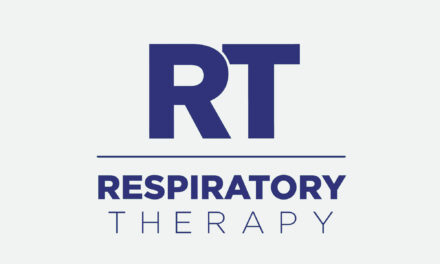Secondhand smoke exposure is a well-established risk factor for asthma, but it may also have surprising effects in the development of diseases outside of the respiratory system. In the first study of its kind, researchers in Sweden investigated the link between early life secondhand smoke exposure and pediatric food-related symptoms.
The findings were presented at the 2017 American Academy of Allergy, Asthma & Immunology (AAAAI) Annual Meeting in the abstract “Secondhand Smoke Exposure in Early Life and Food-Related Symptoms through Adolescence: Population-Based Prospective Cohort Study.”
The study followed 3,764 children born in Stockholm between 1994 and 1996 until they were 16 years old. Parents were surveyed when the children were 1, 2, 4, 8, 12, and 16 years-old to determine if the children showed any allergy-like symptoms to specific foods. When the children turned 4, 8, and 16, they were also tested for immunoglobulin E (IgE) reactivity to certain food allergens. IgE is an antibody associated with allergic reactions and can be used to help healthcare professionals decide if a person has a specific allergy.
The researchers then looked at the parents’ reported smoking. They defined early life secondhand smoke exposure as having a parent report they smoked when their child was about two months old.
The researchers found that infants who were exposed to secondhand smoke in early life were more likely to develop food-related symptoms in childhood. Secondhand smoke significantly increased the odds of IgE-associated symptoms to egg and peanut, which likely reflects a clinical food allergy.
“Early life exposure to secondhand smoke is a well-established risk factor for asthma and, in some studies, for allergic sensitization and eczema in children; however, no studies have prospectively looked at its impact on the risk of pediatric food-related symptoms,” said Anna Bergström, PhD. “Our research suggests that it does have an impact on the odds of children developing IgE-associated symptoms to certain foods.”










